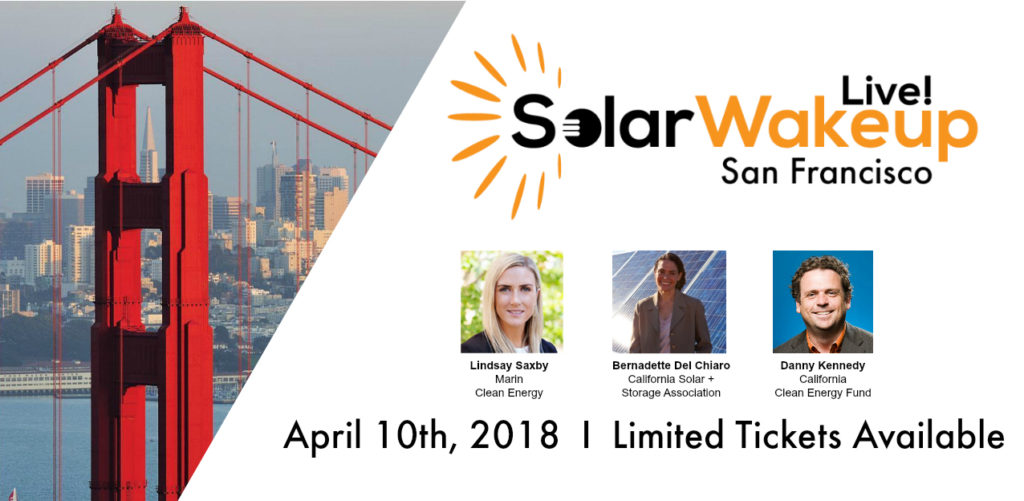By Frank Andorka, Senior Correspondent
What Happened: Bloomberg looked into southeastern states like Georgia, South Carolina and Florida and discovered, by golly, those states LIKE solar now. In other news, water is wet.
- According to the report, states have been reluctant to add solar because of the cost was too high.
- Bloomberg looked at the recent explosion of solar installations in Florida, Virginia and South Carolina to reach its conclusion (and oddly left out North Carolina for some reason).
SolarWakeup’s View: OK, I know I should let Bloomberg off the hook for this one. After all, they don’t write about solar full time the way I do. But their simplistic analysis of the development of the southeastern states sudden interest in solar just isn’t really news.
Let’s be honest here: Although Bloomberg says the previous reluctance of utilities in places like Georgia, South Carolina and Florida to adopt solar was cost, it’s pretty clear the real reason was that they were afraid of losing their monopolies. After all, if solar is good for the utility, why wouldn’t it be good for its customers in southeastern states? Right, it would be good for them – and the utilities don’t want to cede that power to anyone.
Now price drops have certainly played some part, and if prices continue to fall (in conjunction with concurrent decreases in storage technology prices), you can be utilities in the Southeast will continue to add more solar to their portfolios.
Here’s one note of caution, however: While increasing utility-scale solar plants is a good idea in the short term, it will damage the long-term prospects for the rooftop, distributed-generation market. And it should be noted that while utilities are embracing solar more often for themselves, they are still trying to impose extra charges (penalties) for solar customers who control their own generation.
So while you can applaud the increasing amount of solar in southeastern states, don’t let that lull you into a false sense of security that solar is safe there, especially when the utilities feel their bottom lines are threatened.
More:
Sunny U.S. Southeast Is Finally Becoming a Hot Spot for Solar

